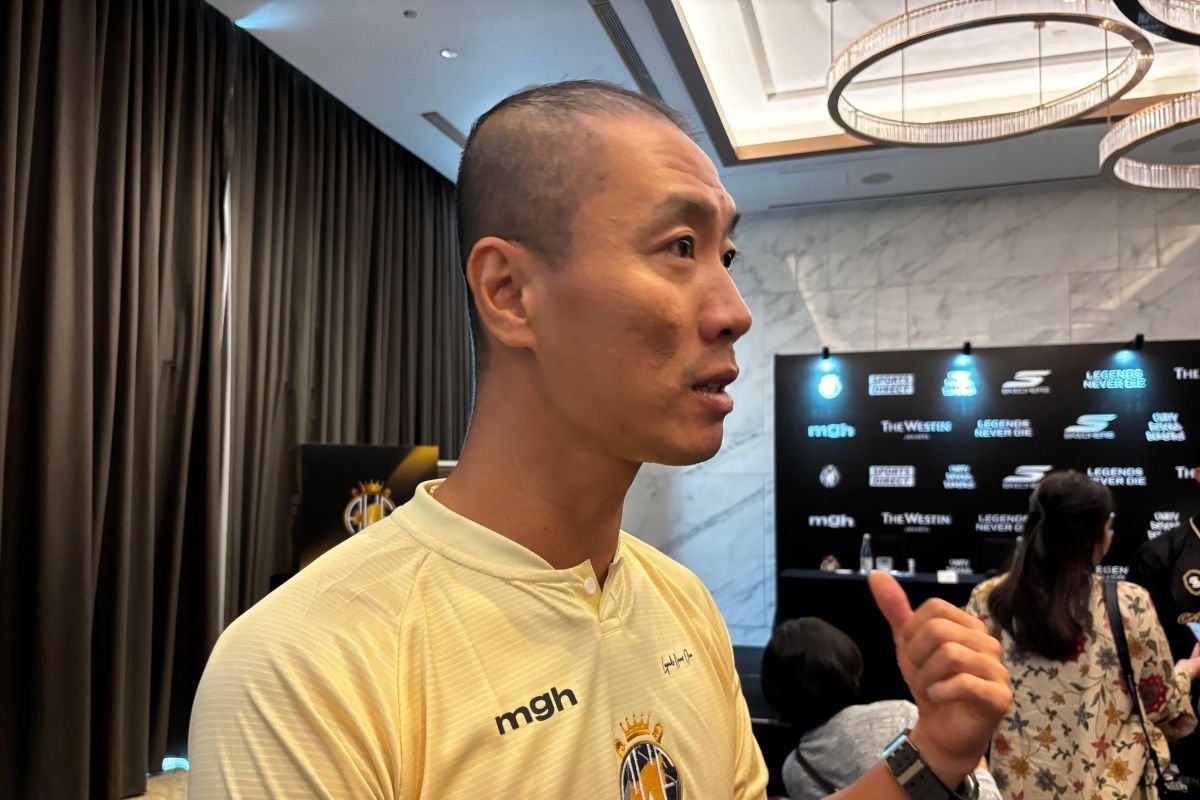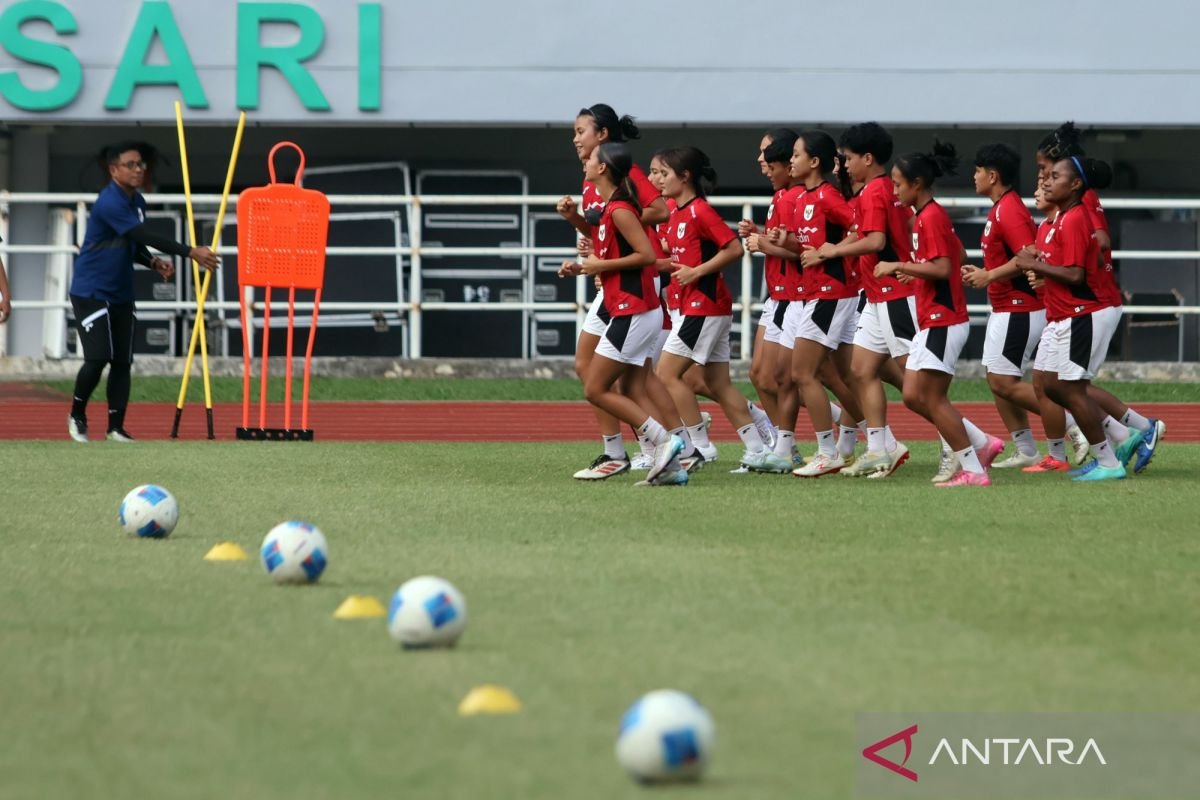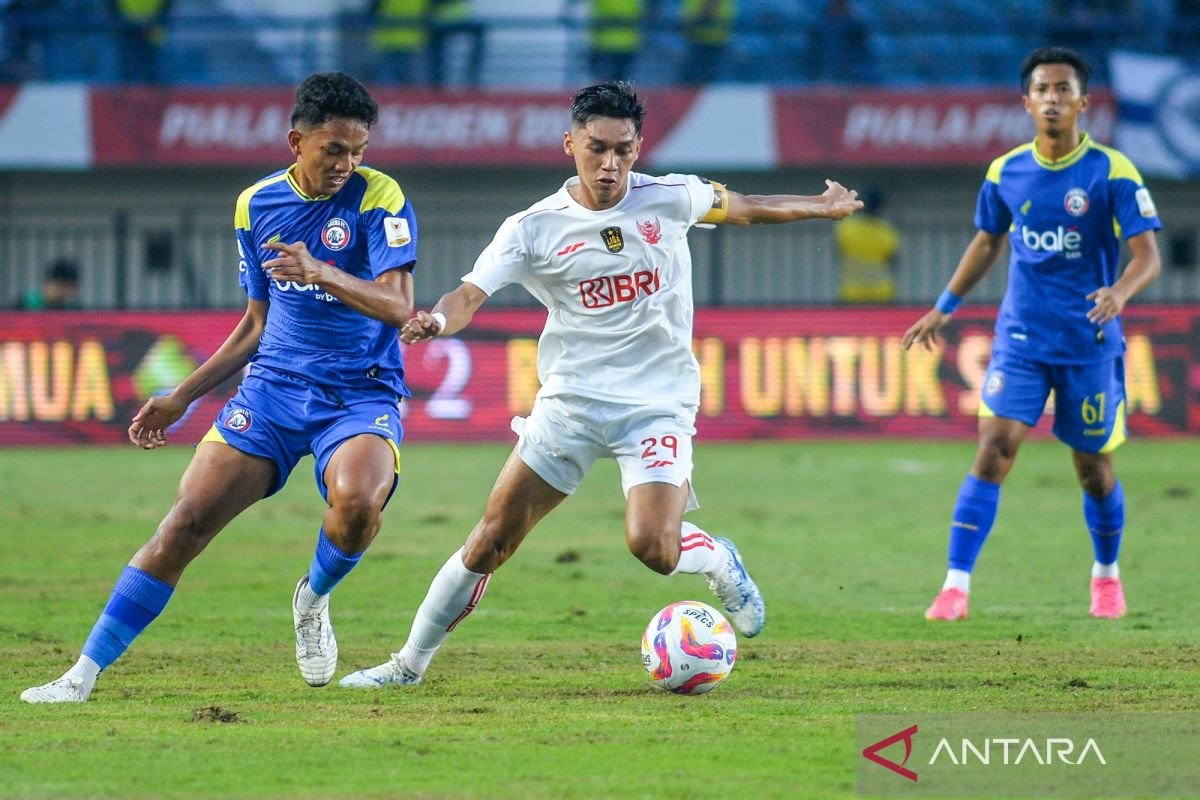Ex-Indonesian Goalkeeper Coach Admits He Was Offered to Train a Liga 1 Club
In a surprising turn of events within Indonesian football, a former goalkeeper coach has revealed that he was approached to train a club within Liga 1, the top tier of Indonesian football. This candid admission has sparked discussions among fans and analysts about the state of coaching in the league and the potential for international influence in domestic clubs.
The former coach, who previously held the position with the Indonesian national team, shared his experience during a recent interview. He highlighted the growing interest from Liga 1 clubs in enhancing their coaching staff, particularly in specialized areas such as goalkeeping. The offer, he noted, was a testament to the evolving landscape of Indonesian football, where teams are increasingly looking to introduce innovative training methods and gain a competitive edge.
Rising Standards in Indonesian Football
The admission from the ex-goalkeeper coach reflects a broader trend in Indonesian football, where teams have recognized the importance of solid goalkeeping as a fundamental aspect of their strategies. The high-stakes nature of Liga 1, with intense competition and passionate fans, necessitates that clubs invest in top-notch coaching to develop their players and improve overall performance.
In the past few years, there has been a noticeable uptick in the hiring of foreign coaches in Indonesia. This influx of international expertise is seen as both a boon and a challenge for local coaches. While it brings in new perspectives and methodologies, it also raises the bar for homegrown talent, pushing them to step up their game.
The Age of Professionalism
The coach’s revelation comes at a time when professionalism in Indonesian football is under scrutiny. The Indonesian football association (PSSI) has been working hard to improve the domestic league’s image and standard. With ongoing initiatives aimed at nurturing young talent and enhancing training facilities, the interest from international coaches could align well with these efforts.
Moreover, as the nation aims to make significant strides in its competitive standing on the Asian football stage, collaborations with experienced mentors are crucial. The ex-goalkeeper coach’s willingness to engage with a Liga 1 club signifies a positive step forward, showcasing the potential for growth and learning within the league.
Future Prospects
Now, the real question arises—what does this mean for the future of coaching in Indonesia? With clubs keen to embrace change and adopt professional standards, the door is wide open for both local and foreign coaches to play pivotal roles in shaping the future of the game. For the ex-coach, although he has not yet committed to any Liga 1 club, his expertise and experience would undoubtedly benefit any team willing to draw on his knowledge.
As discussions continue regarding the potential for his involvement in Liga 1, fans and analysts alike will be watching closely to see how such influences could reshape the landscape of Indonesian football. With many clubs striving for excellence and seeking to improve their standings, the integration of experienced coaching staff may be the key to unlocking the full potential of the players and the league as a whole.
In conclusion, this revelation from the ex-Indonesian goalkeeper coach comes as a breath of fresh air, marking an exciting chapter in the narrative of Indonesian football. The offer he received is not just an opportunity for him but also highlights a promising trend towards modernizing and professionalizing the coaching landscape in Liga 1. As teams aim for greater ambitions and success, the journey of rejuvenating Indonesian football seems more optimistic than ever.









